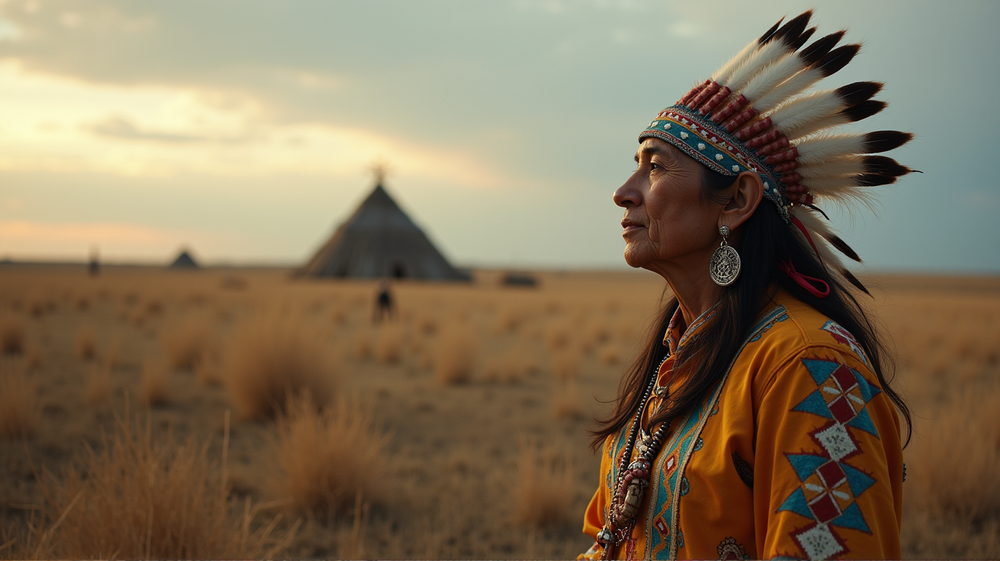In the heart of North Dakota, a clash unfolds over the equitable distribution of federal health funds, stirring emotions and igniting debates on representation and fairness. In a committee meeting in Bismarck, a proposal to allot 5% of $500 million in federal rural health funding to tribal communities was met with resistance, leaving many questioning the state’s commitment to its tribal citizens.
The Proposal for Fair Allocation
Rep. Jayme Davis, a determined voice for the Turtle Mountain Band of Chippewa, spearheaded the motion to ensure tribal nations receive their fair share of health resources. Her proposal, driven by empathy and deep concern about existing health disparities, sought to channel 5% of federal funds specifically to tribal communities over the next five years. Davis argued that these communities face some of the most significant challenges in terms of healthcare access and equality.
According to InForum, the proposal included a detailed distribution plan, setting aside 60% of the earmarked funds to be equally divided among the tribes and 40% for targeted grants.
The Roadblocks and Opposition
The meeting was a battleground of ideas and beliefs. Several lawmakers, including Rep. Jon Nelson and Sen. David Clemens, expressed their objections, voicing hope that tribal communities would inherently benefit more than the proposed 5% without necessitating a set-aside. This sentiment, however, wasn’t universally shared, with critics emphasizing the importance of guaranteeing equitable distribution through specific allocation measures.
Sarah Aker, representing the state’s health department, added a layer of complexity by emphasizing the need for flexible allocation processes, arguing that a fixed percentage might limit the state’s maneuverability in fund distribution.
Davis’s Rally for Tribal Voices
Undeterred, Davis shifted her focus to enhancing tribal representation within the decision-making process. Her revised motion suggested a weighted increase for tribal applications in the funding evaluation formula. However, the committee adjourned without adopting any definitive change, leaving much to be desired in terms of outcomes for tribal representation.
The Broader Implications
This unresolved issue reflects a broader struggle within North Dakota—a tug-of-war between tradition and progress, between established norms and the push for justice and equity. It highlights the ongoing need for tribal voices to be not only heard but integrated within the frameworks that govern resource distribution, honoring the richness and diversity of the communities they represent.
In the words of Rep. Jayme Davis, “Nobody knows us better than we know ourselves,” echoing a sentiment that continues to resonate across the state, urging policymakers to reflect on what true partnership with tribal nations really means.
A Call for Equity
As North Dakota prepares its final application for the unprecedented federal health funding, the discourse around this proposal stands as a testament to the enduring need for vigilance and advocacy in ensuring fair representation for all its citizens. The path ahead may be fraught with challenges, but the commitment to justice and equity remains a beacon guiding the state forward.
This moment in North Dakota’s history reminds us of the intricate dance of policy and principle, urging us all to remain diligent and hopeful in the pursuit of what is right and fair.












